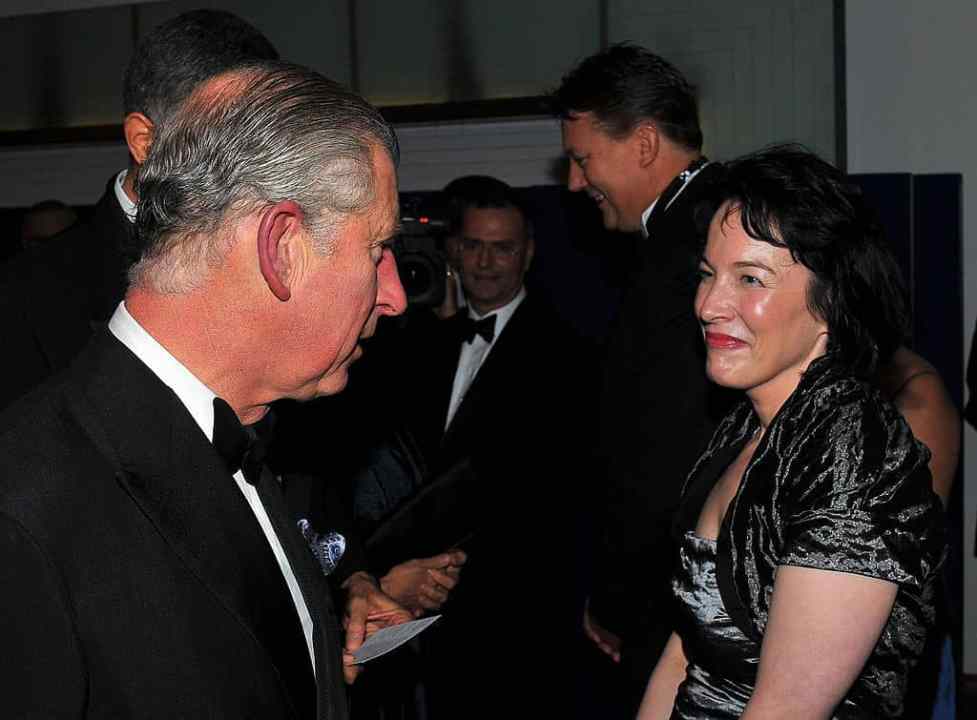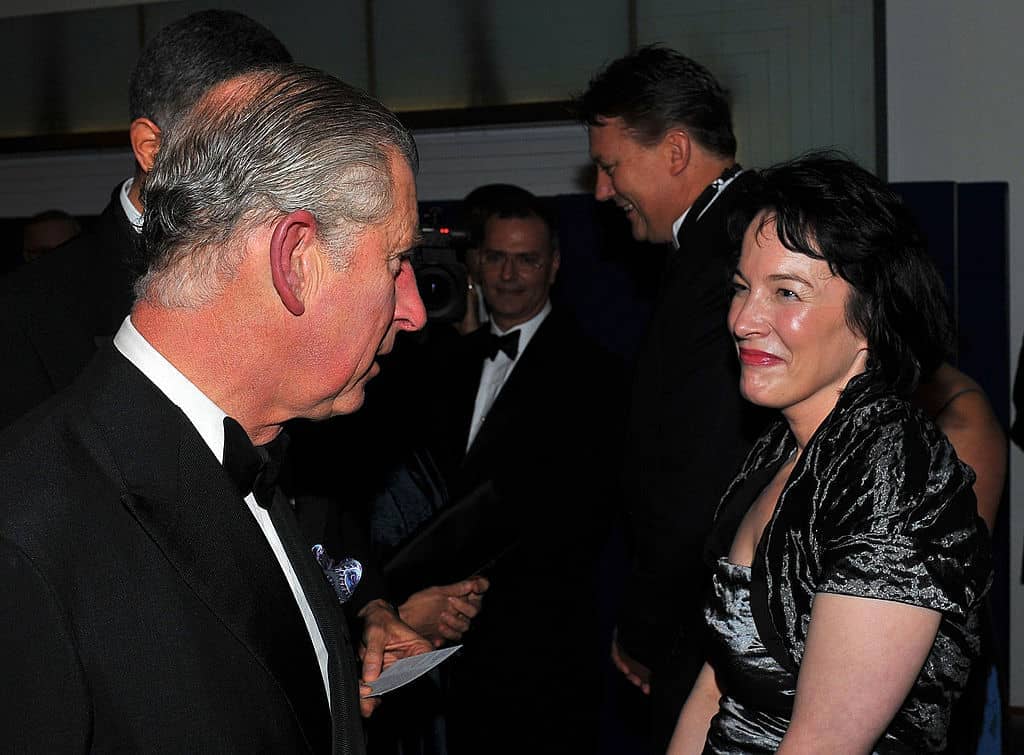There are few more terrible fates than to be condemned and imprisoned for a crime you didn’t commit; but to have borne witness in a trial that led to a man being unjustly punished must be terrible too.
The writer Alice Sebold has apologised for the wrongful imprisonment of Anthony Broadwater. He was convicted based on Sebold’s evidence, and other testimony, for her rape in 1981 when she was a student. There is no doubt that she was raped and beaten; it was, as she wrote in her best-selling memoir, Lucky, a trauma that shaped her life. But there is also now no doubt that it was her identification of Broadwater on the witness stand, as well as flawed forensic evidence based on microscopic hair analysis, that contributed to his conviction.
Some months after the attack, she identified a man in the neighbourhood that she thought might have been her attacker. But in a police suspect lineup she identified another man, saying it was because she was frightened of ‘the expression in his eyes’. A composite picture of the attacker based on her account did not resemble him. Yet in court she identified him as her attacker from the witness stand.
Of course, the other terrifying aspect to this miscarriage of justice is the willingness of juries to be mesmerised by the apparent objectivity of forensic evidence, including hair analysis that the US Department of Justice has subsequently identified as junk science. Most of us – so most juries – are captivated by the apparent testimony of ‘the science’; this is further proof of its fallibility. But Alice Sebold’s testimony undoubtedly helped put Broadwater in prison.
We should, of course, remember that Sebold was a victim
We should, of course, remember that Seboldv is a victim: she was traumatised by a brutal attack, and she was only 18 at the time. She deserves our sympathy. But what should we make of her role in the wrongful conviction of Broadwater?
As it happens, in my twenties I was sexually assaulted one night on the way home – not raped nor beaten; it was trivial compared with the terrible attack on Sebold – and I went to the police to report the matter. I was asked to identify the man who was picked up in the area after it happened. He was required to make his way up a street where I was standing with his solicitor. And I could identify him at a hundred paces, even though it was dark when I’d last seen him. He got off going to court because I made the fatal mistake of saying reflexively, ‘I think it’s him’ rather than ‘That’s him’. But that’s not the point: for me, even though I am rubbish at remembering faces, identification wasn’t a problem.
What was ironic in Sebold’s case is that it was only because her account of the rape, Lucky, was adapted into a film that Anthony Broadwater had his conviction overturned. And what’s equally striking is that it took one man – the film producer (and a private investigator he hired) – so little time to work out that there had been a miscarriage of justice.
Timothy Mucciante, who was working as executive producer on the film, said he became suspicious about the case after reading the memoir and the script earlier this year. He was surprised by the dearth of evidence he found at the trial. Does it surprise you that he claims he was fired from the production when he started asking awkward questions about the story, undermining Sebold’s narrative?
Mucciante is the hero in this affair. He hired a private investigator, a former detective, on his own initiative and presumably at his own expense. And this investigator, too, took remarkably little time to expose the flaws in the process and passed the case onto a law firm that shared his office. The upshot was that on 24 November, Broadwater’s conviction was overturned. Yet he had tried in vain to get a lawyer to prove his innocence. Funny that: a poor black man fails where a film producer succeeds.
Alice Sebold now talks of her anguish about Anthony Broadwater’s 16 years in prison:
‘It has taken me these past eight days to comprehend how this could have happened…40 years ago, he became another young Black man brutalised by our flawed legal system… I will continue to struggle with the role that I unwittingly played within a system that sent an innocent man to jail..’
Is it fair for Sebold to point the finger at the ‘system’? As for Broadwater, he has shown real magnanimity given his 16 years’ incarceration, and, after release, his time living under the shadow of being a convicted rapist.
‘It must have taken a lot of courage for her to do that’, he says. ‘It’s still painful to me because I was wrongfully convicted, but this will help me in my process to come to peace with what happened.’
Good for him. Yet an apology isn’t quite enough, is it? Alice Sebold’s career as a writer took off with her account of her ordeal, ironically named Lucky. The publisher, Scribner, has put the distribution of the book on hold. But will the account now be changed? And might Sebold consider sharing the profits from the book – which must be considerable, given that it sold over a million copies – with Broadwater? I’d say he deserves it.
There has been a crowdfunding appeal to support him, but if Sebold wants to show her remorse at what happened to Broadwater, then cash is one way of doing it. She remains a victim, but she created another victim too. Broadwater lives with his wife in a derelict apartment block; he’s poor. She can put that right at least.








Comments